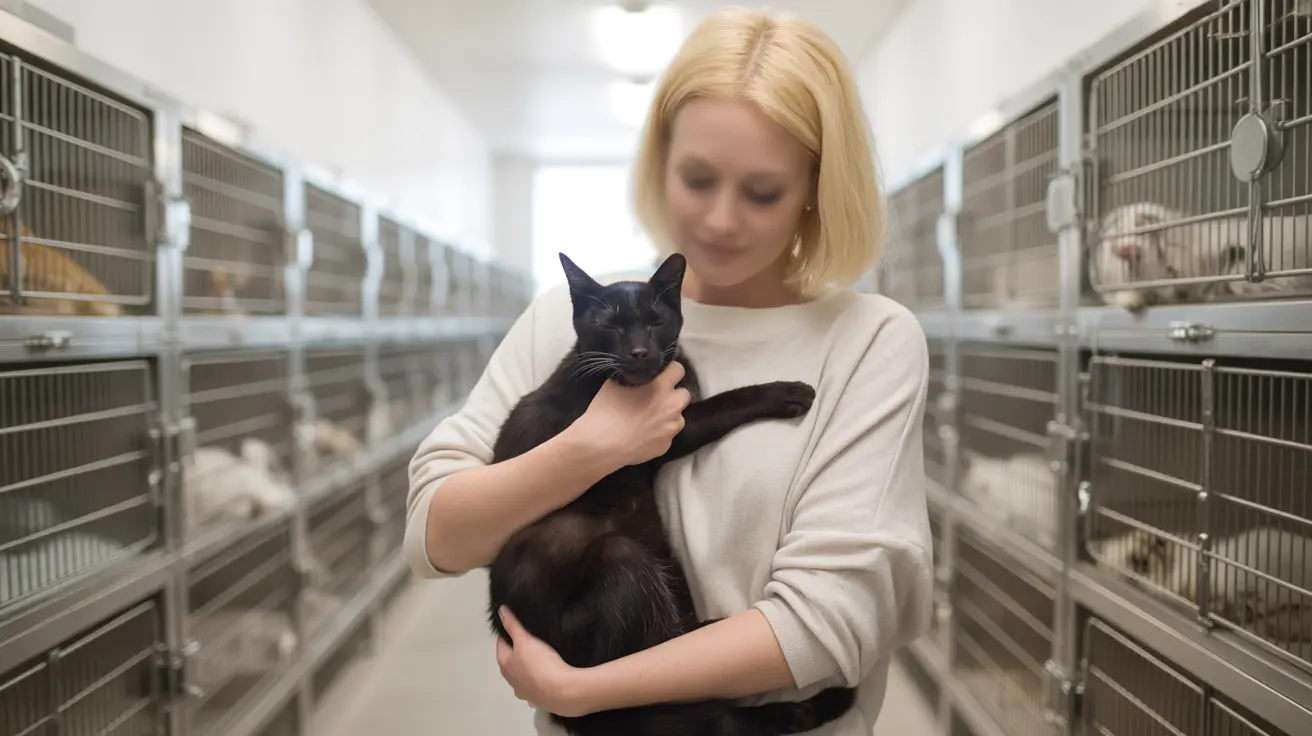How to React When a Dog Humps You: A Guide for Pet Owners
Although it might feel awkward or even amusing, dog humping behavior is a common and natural part of canine social interaction. When your dog—or even someone else's dog—humps you, it's important to address the behavior calmly and appropriately. Below, we explain what causes this behavior and outline how to respond.
Understanding Why Dogs Hump
Mounting behavior in dogs is not always sexual. It can occur for several reasons, including:
- Excitement: Dogs often hump when overstimulated or highly excited during play.
- Dominance: It may be an attempt to assert social rank, especially in group settings.
- Attention-seeking: Some dogs quickly learn that humping gets a reaction from people.
- Stress and anxiety: Mounting can be used as a coping mechanism.
- Medical issues: Urinary tract infections or skin allergies can result in excessive humping.
How to React Calmly and Effectively
When a dog humps you, your immediate response can help curb the behavior:
- Stay calm: Do not yell or make sudden movements. Reacting dramatically could excite the dog further.
- Gently interrupt: Use a calm voice and redirect the dog's attention with a toy or command.
- Offer alternatives: Ask the dog to perform a different behavior like “sit” or “lie down.”
- Ignore when possible: If the behavior is for attention, withdrawing interaction can be effective.
- Train consistently: Use commands like “off” and reward the dog for positive behavior.
Preventing Future Problems
Consistent handling is key to modifying this behavior.
- Exercise: Ensure your dog gets enough physical and mental stimulation daily.
- Socialization: Let your dog interact properly with others to learn social cues.
- Training: Reinforce obedience training with positive reinforcement methods.
- Spay/neuter: This can reduce sexually motivated mounting in many dogs.
- Consult a vet: Rule out medical causes if the humping is excessive or sudden.
What Not To Do
- Don’t punish aggressively: Harsh reactions can increase anxiety and worsen behavior.
- Don’t encourage it: Laughing or giving extra attention may reinforce the habit.
- Don’t let it persist: Repeated humping can become a reinforced habit that’s harder to stop.
When It Happens in Public
Public incidents of humping can be especially embarrassing. Always use a leash and remove your dog from the situation promptly. Calmly tell them “no” and engage them in a different task or activity. Reinforce desired behaviors regularly at home to reduce these instances.
In Multi-Pet Households
Mounting behavior between pets should be monitored. Occasional humping is okay, but persistent behavior can cause stress. Dogs should be separated temporarily and reintroduced under supervision if tensions rise.
Long-Term Solutions
For ongoing issues, consult a professional dog behaviorist or trainer. They can assess root causes and develop a personalized behavior modification plan.
Summary
While dog humping can be puzzling or embarrassing, it usually has benign motivations. With calm redirection, training, and consistency, you can discourage the behavior effectively. Understanding the root cause is essential to selecting the right solution. By approaching the situation constructively, you not only improve your dog’s behavior but also enhance the bond you share.





